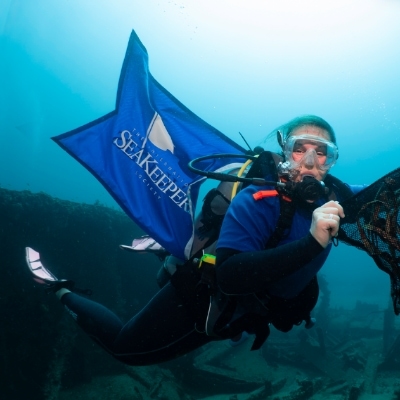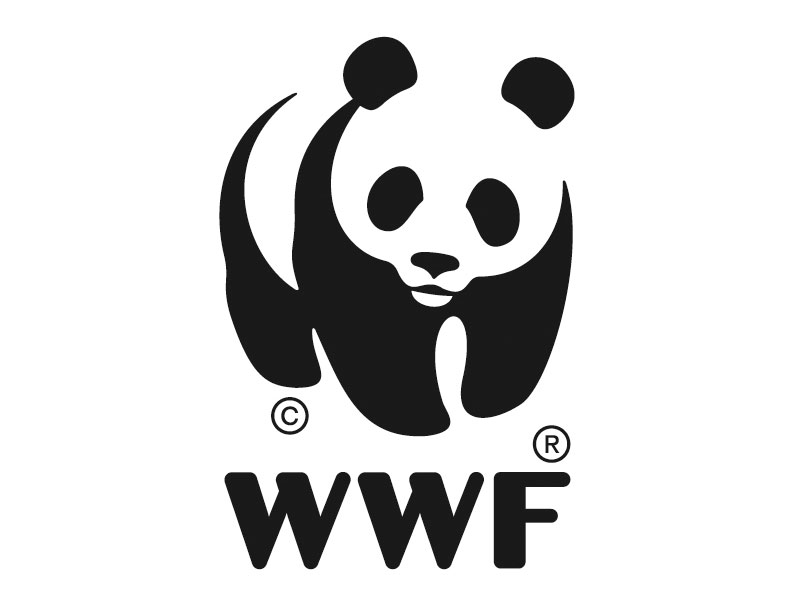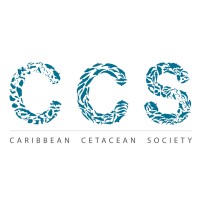Ti Whale An Nou Initiative- Ceteceans in Aruba, Bonaire, and Curaçao
Project Overview:
The Caribbean Cetacean Society (CCS) is leading a third scientific expedition to the waters around Aruba, Bonaire, and Curaçao—critical yet understudied habitats for whales and dolphins. Part of the Ti Whale An Nou initiative (“our little whales” in Creole), this Caribbean-led, UNESCO-endorsed program aims to fill data gaps on cetacean biodiversity, build local conservation capacity, and promote inclusive marine protection efforts.
Using a sailing vessel (preferably a catamaran) for visual and acoustic surveys, the expedition will collect standardized data on species diversity, distribution, threats, and behavior, with a focus on sperm whales. Photo-ID data will be uploaded to Flukebook for regional collaboration. Local partners, including fishers, NGOs, park authorities, and government agencies, will receive training to support long-term monitoring and the creation of marine mammal sanctuaries.
This work supports broader goals such as the Yarari Sanctuary, 30×30 targets, and national biodiversity strategies. By fostering regional cooperation and empowering communities, CCS is helping shape a future where marine mammals in the Caribbean are better understood and protected.
Program Partners
- Caribbean Cetacean Society
- World Wide Fund - The Netherlands
Location
- Aruba, Bonaire, and Curaçao
Expected Time Frame
- September 15 - October 15, 2026
Duration of Expedition
- 30 days total (6 days at each island).
Accommodation Needed
- 6 - 8 Researchers
Special Equipment Needed
- Licensed Captain
Expedition parameters listed above are flexible and negotiable.
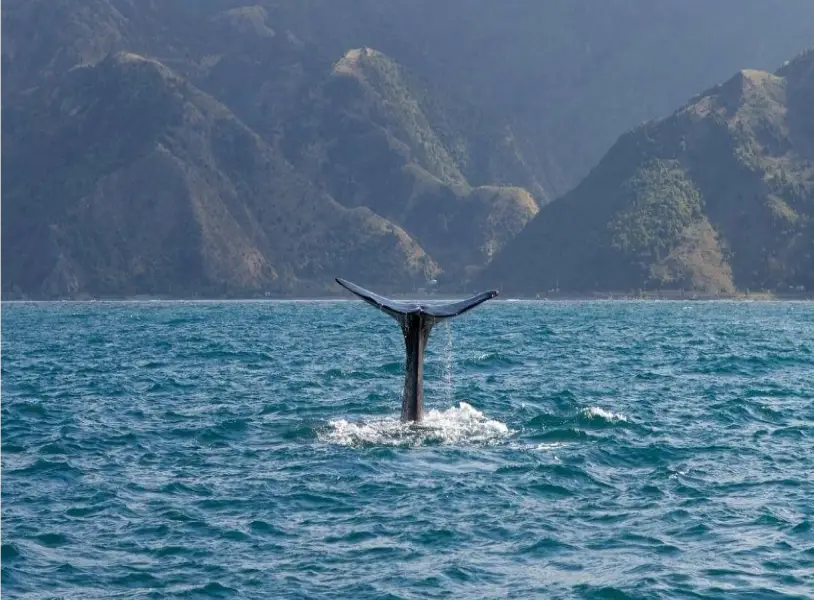
Background:
The Wider Caribbean is one of the most biodiverse regions for cetaceans, home to over 33 documented species—more than a third of the world’s known whales and dolphins. Despite this, large data gaps persist, particularly around Aruba, Bonaire, and Curaçao (ABC islands), where long-term monitoring is limited. This lack of research hinders conservation and leaves vulnerable species at risk from increasing threats like habitat degradation, harassment, and maritime traffic.
The Caribbean Cetacean Society (CCS) addresses these challenges with:
- Over five years of standardized monitoring across 20+ islands;
- Leadership of the Caribbean’s largest multi-species cetacean research program;
- Deep scientific expertise, including marine biodiversity, law, and conservation management;
- Regional leadership in global initiatives such as the IUCN MMPA Task Force and the UN Ocean Decade;
- A proven ability to collaborate with governments, train stakeholders, and drive regional conservation action.
Mission:
This third expedition to Aruba, Bonaire, and Curaçao aims to advance standardized, science-based cetacean research and conservation across the region. By generating robust data, empowering local stakeholders, and supporting the establishment of marine mammal sanctuaries, the project contributes to national and global biodiversity goals.
Key objectives include:
- Gathering data on cetacean diversity, abundance, and movement using International Whaling Commission (IWC) protocols;
- Studying the vocal clans and social structures of sperm whales through acoustic and visual methods;
- Training local NGOs, fishers, rangers, and officials, and equipping them for long-term monitoring efforts;
- Supporting marine spatial planning and the development of sanctuaries aligned with the Yarari Marine Mammal Sanctuary, 30×30 global targets, and national biodiversity strategies;
- Promoting community involvement through participatory science, hands-on learning, and sustainable marine ecotourism.
Applications:
The standardized data collected during this expedition will provide valuable insights into cetacean populations and the threats they face in the ABC islands. These findings have the potential to inform marine spatial planning efforts, contribute to management strategies for the Yarari Marine Mammal and Shark Sanctuary in Bonaire, and support ongoing discussions around the possible creation of marine mammal sanctuaries or blue corridors in Aruba and Curaçao.
Relevant/Previous Scientific Publication(s):
Program Partners:
Get Involved
If you’re interested in learning more about this specific program opportunity, please reach out to our team below to find out more about this program or get involved in other opportunities with SeaKeepers.
Explore More Opportunities
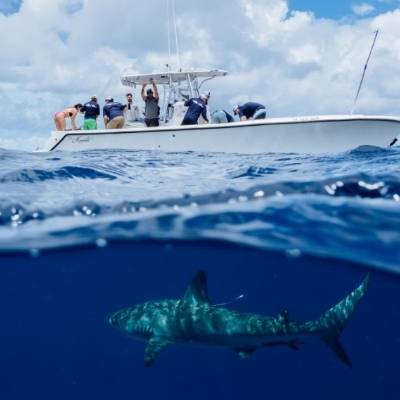
At-Sea Opportunities
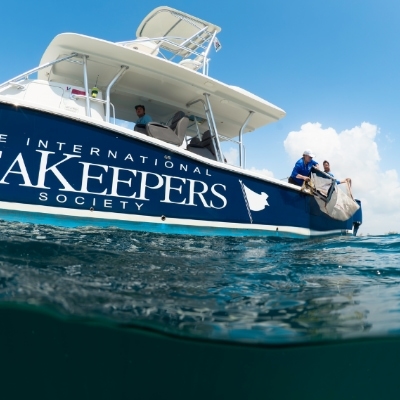
Citizen Science Opportunities
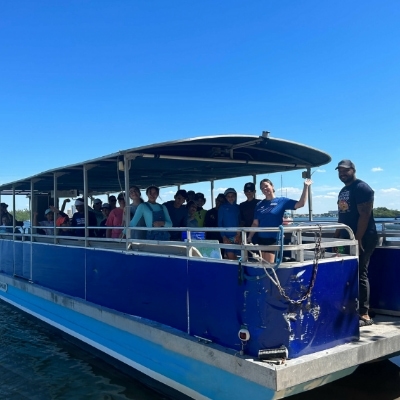
Education Opportunities
